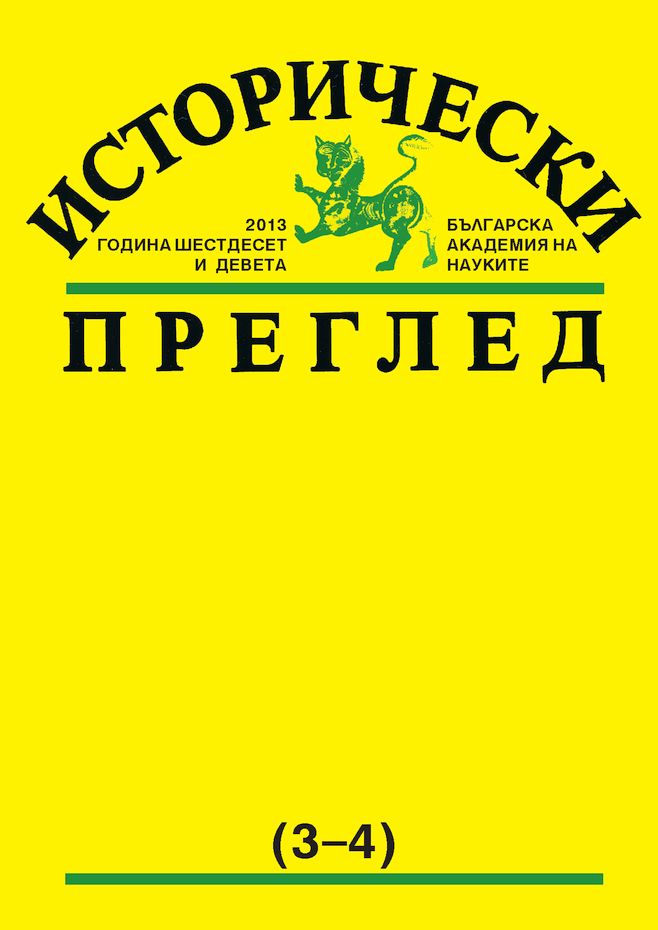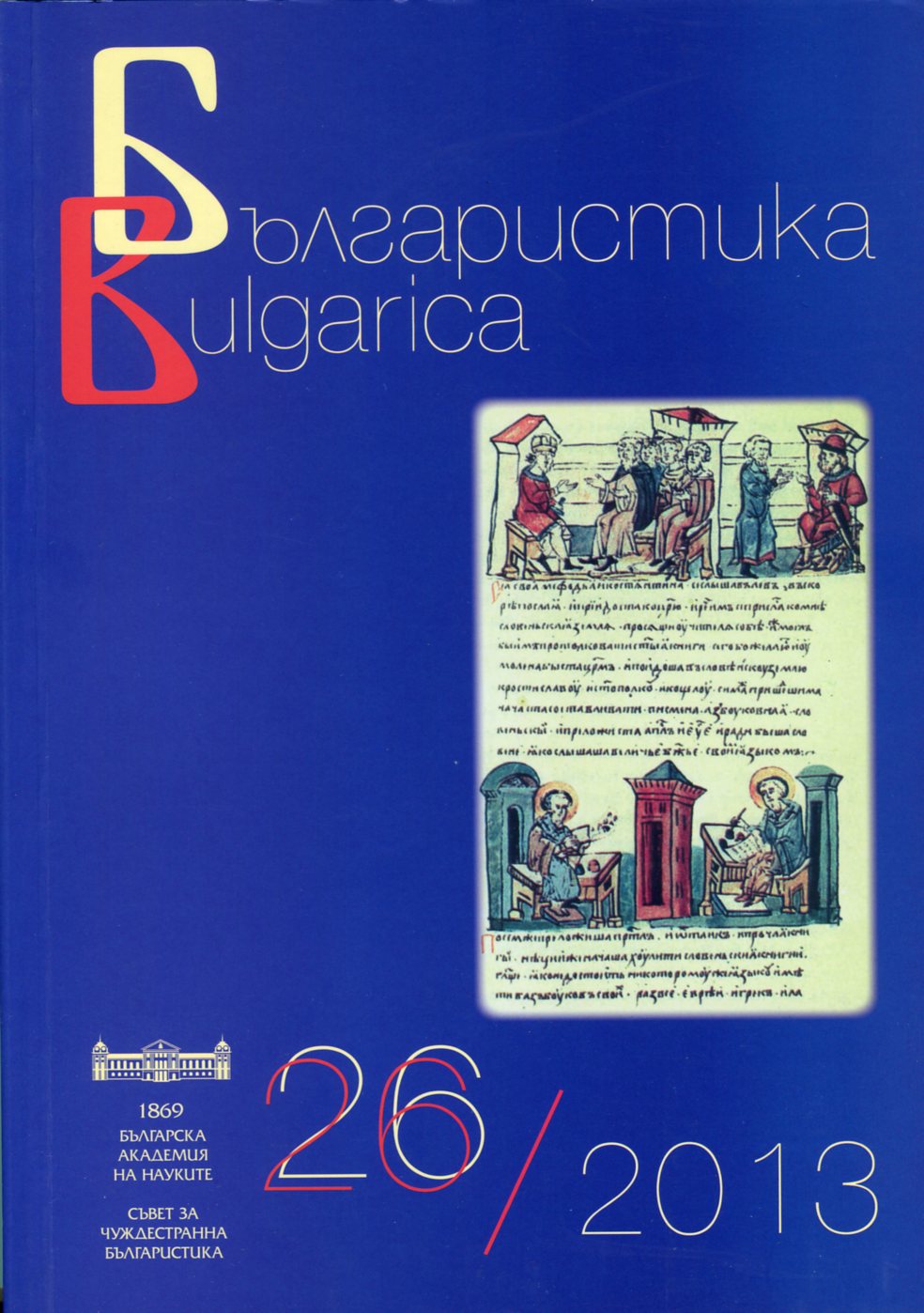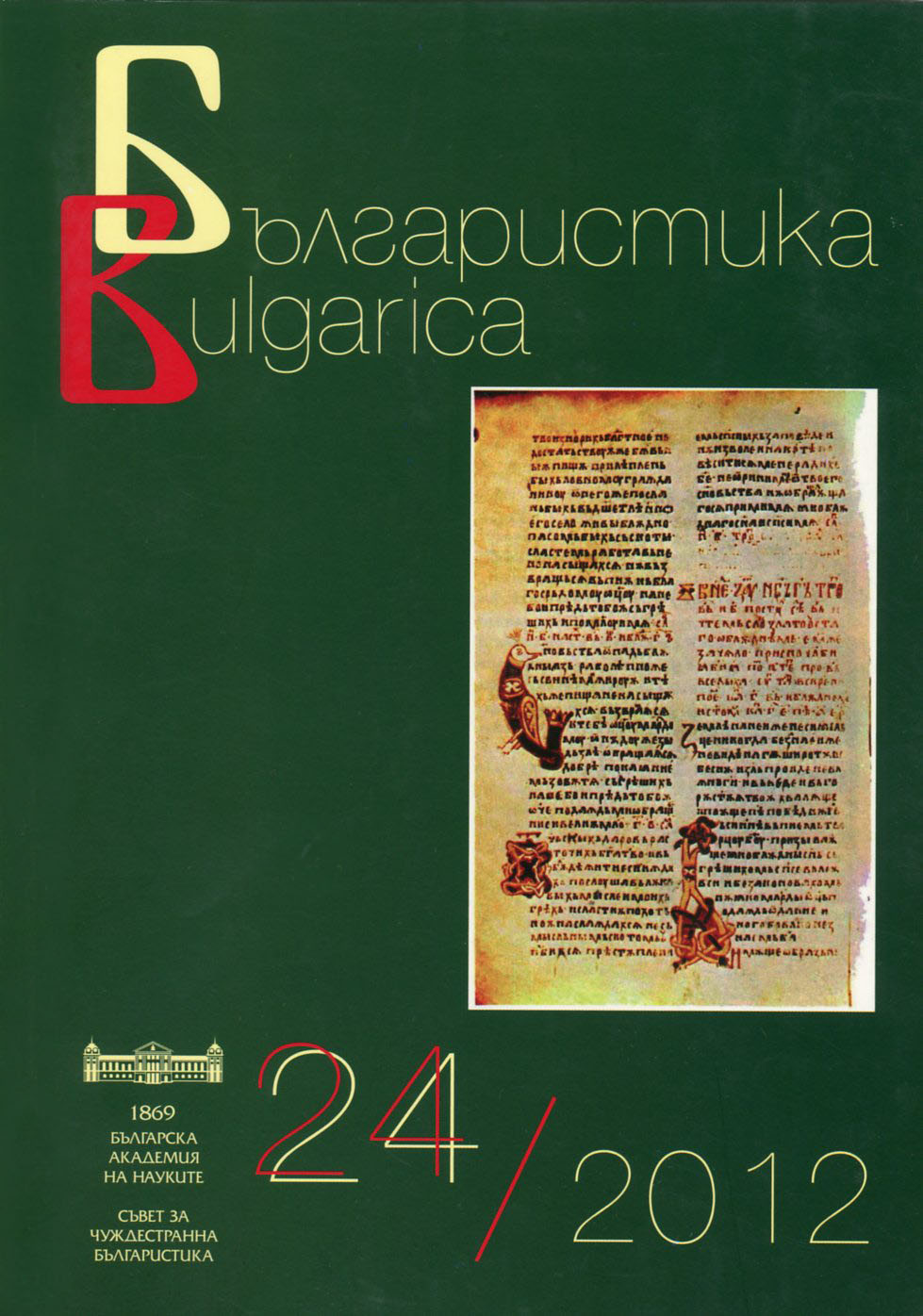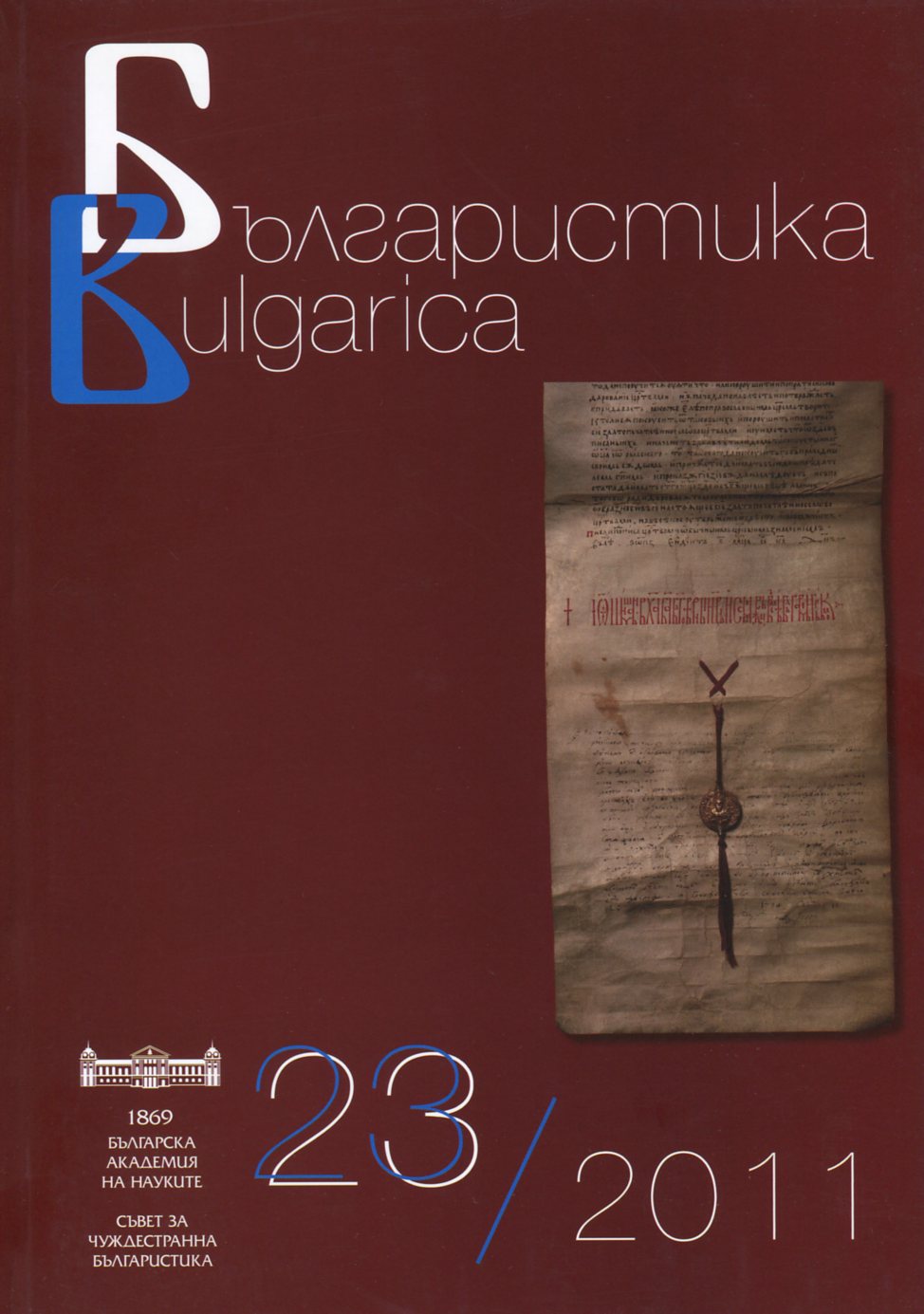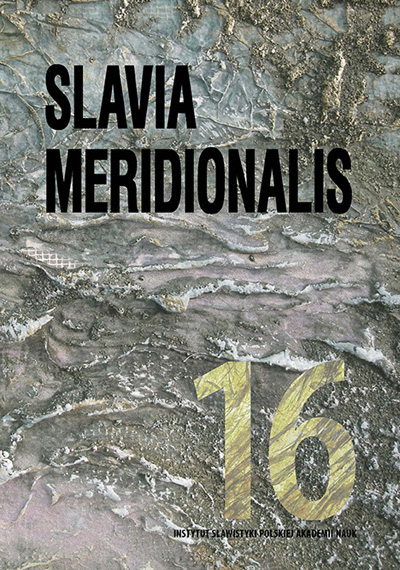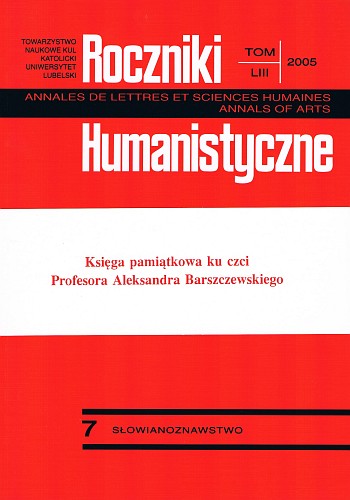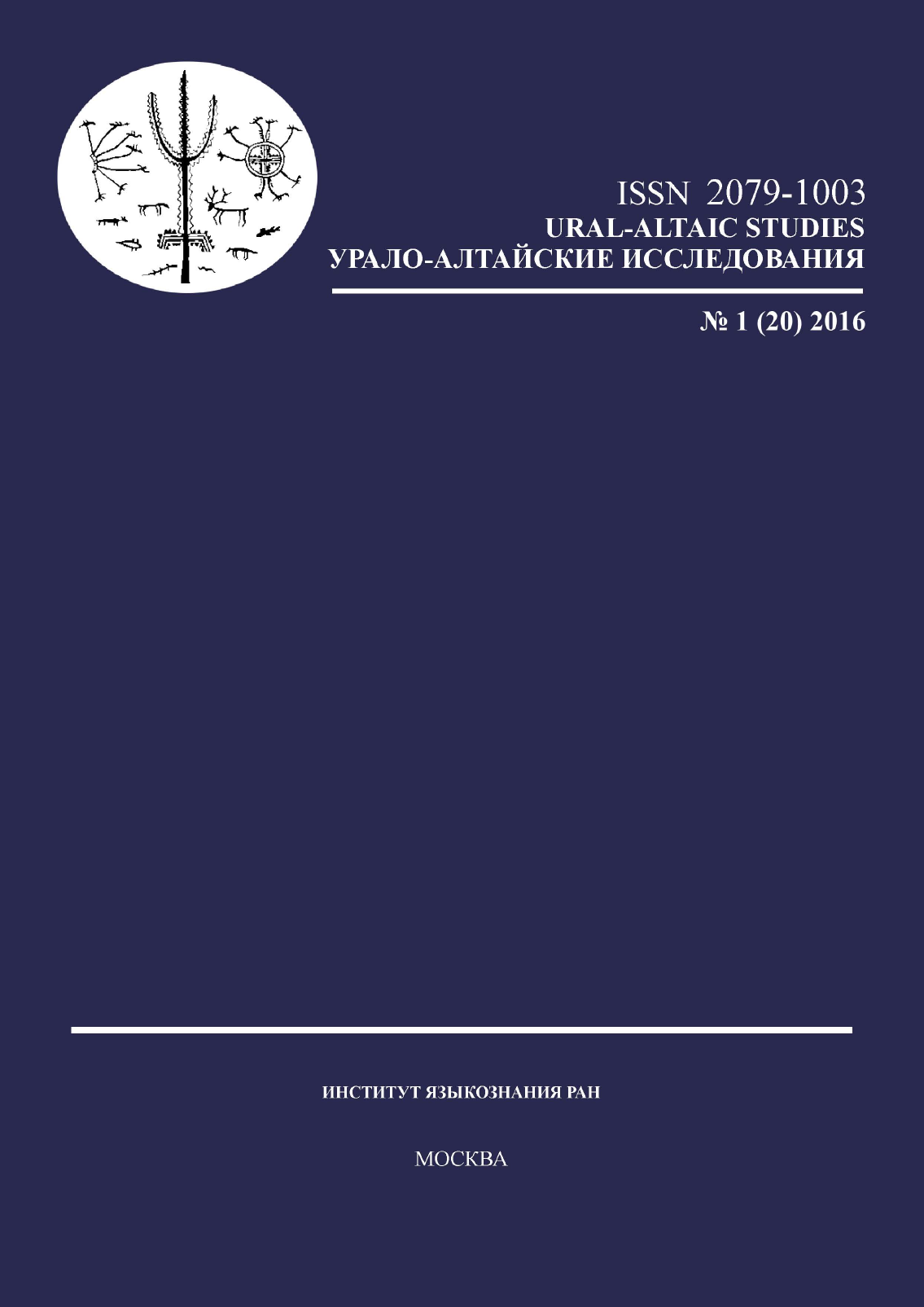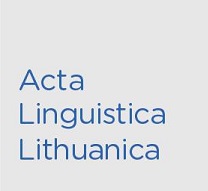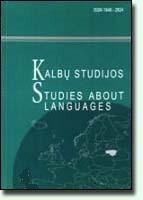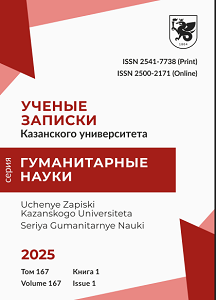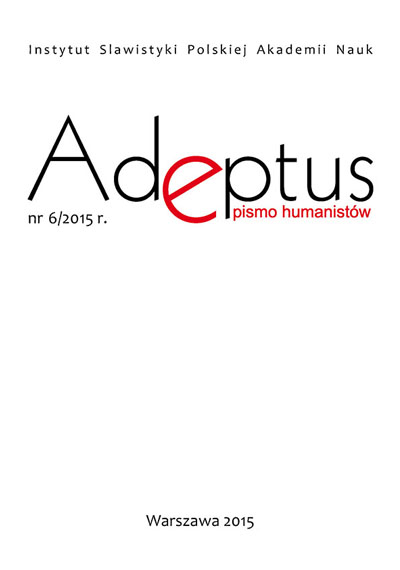
Koncepcja kodów kultury w rosyjskich i ukraińskich badaniach lingwokulturologicznych i etnolingwistycznych
This article presents the concept of cultural codes which was earlier discussed in the works of Russian and Ukrainian scholars in the fields of ethnolinguistics and linguoculturological perspectives. The key linguoculturological terms, such as cultural code and ethnocode, are explained. The author of this article has analysed the existing Ukrainian and Russian linguistics theoretical basics of defining, isolating and classifying cultural codes.
More...
